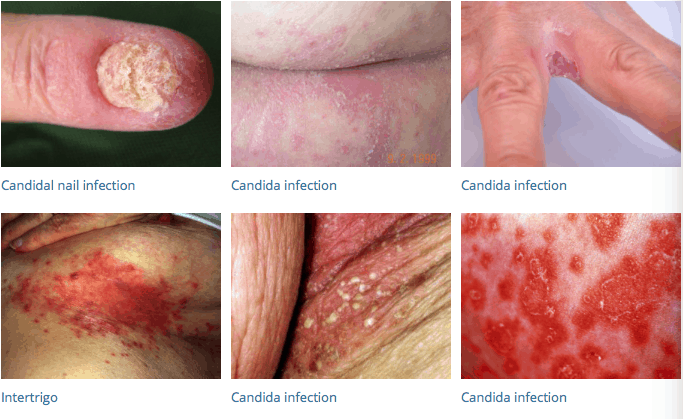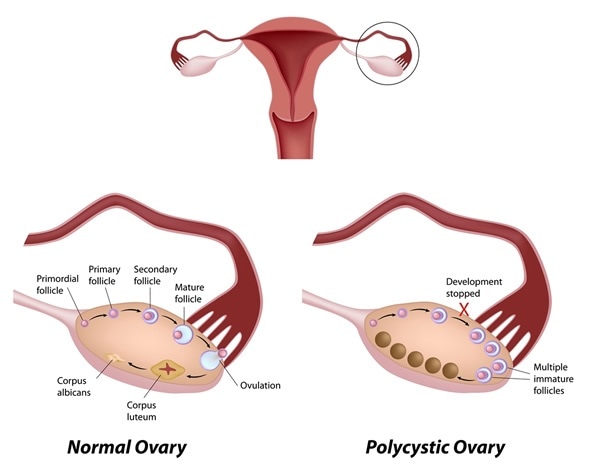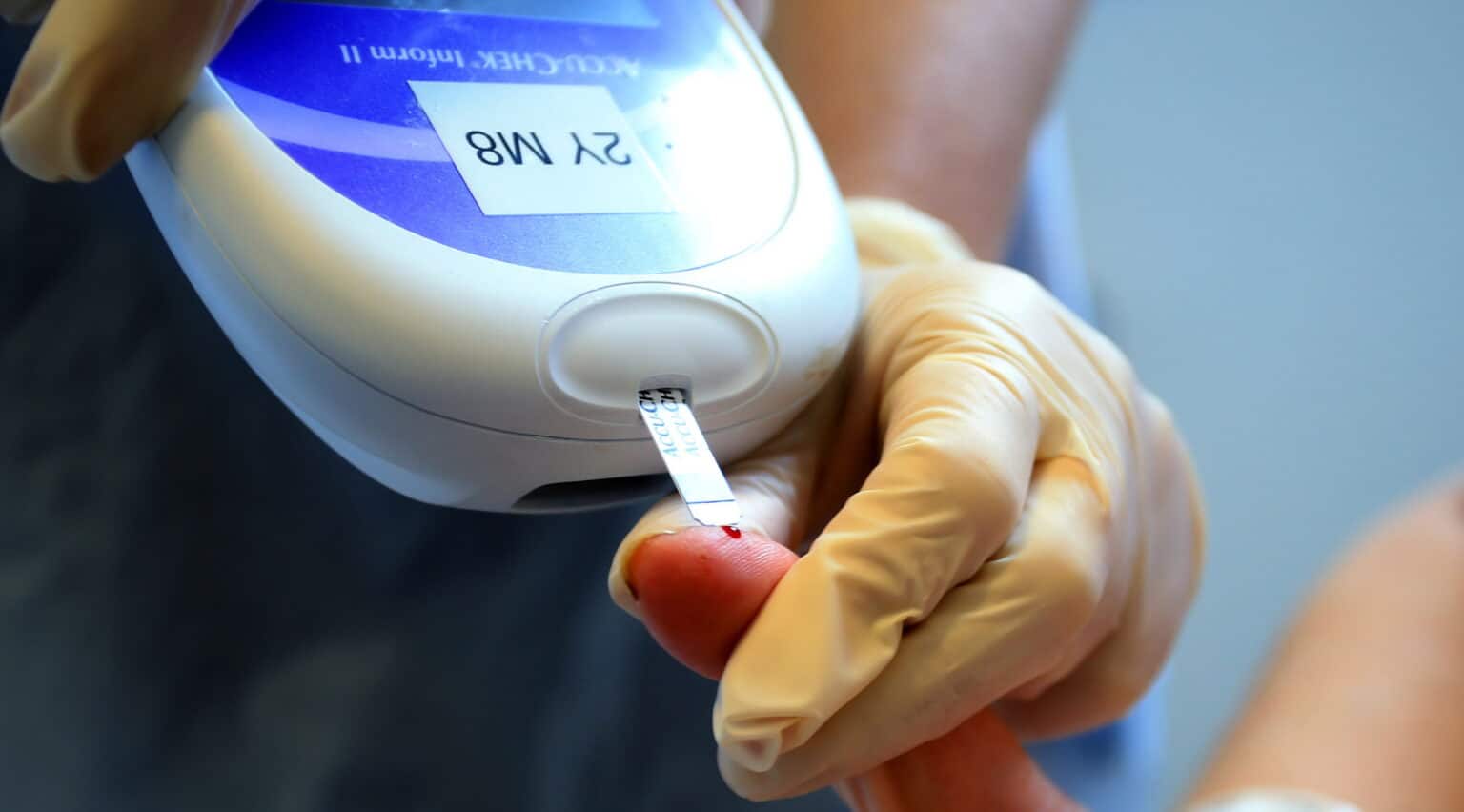Diabetes has two types: Type 1 and Type 2 which have different conditions but they are both serious what is common is that they cause people to generate inordinate amounts of glucose in their blood.

We get glucose when our body breaks down the carbohydrates that we eat, or drink, and that glucose is related to our blood.
It is insulin that allows the glucose in our blood to enter our cells and charge our bodies. Type 1 diabetes is a condition in which the pancreas has little or no insulin whereas in Type 2 the insulin made by the pancreas either cannot work beneficially or is not enough.
Both types make glucose cannot enter the cells so it begins to expand in your blood and excessive glucose in your blood can cause diabetes and many more chronic conditions.
Symptoms or early effects
- Weeing more often
- Frequently Thirsty and hungry
- Genital itching and rash
- Tired
- Weight loss
- Wounds slow to heal
- Blurred eyesight
- Irritability
- Dry skin
- Pain and numbness in feet or legs
NOTE: In type 2 diabetes the systems may develop much soon, or a person may not have any symptoms for years.
Symptoms of diabetes in women
Symptoms of diabetes in both men and women are the same but some symptoms are distinctive to women.
Candid infections

This infection can be found in the mouth, belly, skin, and in vagina. The overgrowth of yeast causes inflammation and pain. It is mostly found in people with weakened immune systems. Diabetes is one such condition that leads to a weak immune system. Women with this infection experience burning and pain during urination, discomfort during sex, extreme itchiness in the vagina, and rash.
Urinary tract infections (UTIs)

This is the most common hospital-acquired infection and the 2nd most common in society. This infection is caused by microbial invasion of the genitourinary tract that extends from the renal cortex (the outer layer of the kidney) to the kidney to the urethral meatus (opening from the inside to the outside from where the urine leaves your body).
Vaginal dryness
High blood sugar levels can cause diabetic neuropathy after it damages your nerve fibers. This condition can trigger tingling and loss of feeling in distinct parts of the body including the hands, feet, and legs. Diabetic neuropathy also affects sensation in the vagina which leads to vaginal dryness.
Polycystic ovary syndrome (PCOS)

There is insulin resistance in most women with PCOS. This condition is also amazingly easy to diagnose as about 80%-90% of young women who are skipping their menstrual cycles regularly usually have PCOS. Type 2 diabetes is mostly caused when the cells of the body become resistant to insulin.
Long term Effects
- Eye damage (retinopathy)
- Kidney diseases (nephropathy)
- Heart (cardiovascular) diseases
- Stroke
- Nerve damage (neuropathy)
- blood vessels damage
- Hypertension
- Disturbances in liver
- Lung disease
- Gastrointestinal disorders
- Alzheimer’s disease
- Depression
- Foot damage
Read more: Diabetes Effects On The Kidney And The Brain, Full Guide (asianatimes.com)
How to manage diabetes

- Medications include oral anti-diabetic agents combined with insulin.
- Regular planned Exercise with maintaining hydration status and high glucose level. some suggested exercises include swimming, regular walking, and cycling
- Dietary modification by including the following:
- Consumption of apple cider vinegar with meals.
- Eating fiber-rich food can decrease blood sugar and insulin concentrations.
- Chromium which is mainly found in brewer’s yeast supports lower blood sugar levels but avoids if have any kidney disease
- Cinnamon is believed to have beneficial effects to help lower blood and cholesterol levels
- Nopales are the pads of the spiky pear cactus and can be eaten with eggs or as salad helping reduce blood sugar
- Drink water instead of soda
Read more about Diabetes: Type 2 Diabetes: Psychological Resilience As A Source Of Long-term Health For Older Adults With Type 2 Diabetes – Asiana Times













